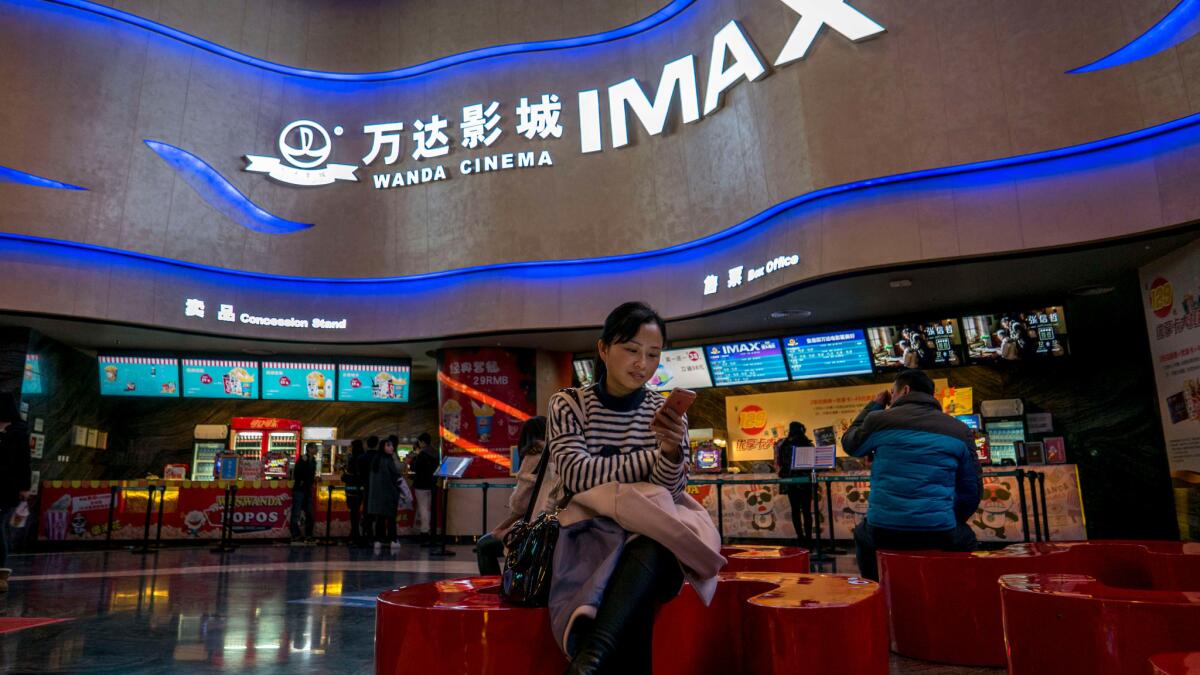Hollywood studios to audit China box office

Hollywood wants to make sure it’s not getting shortchanged by China, its fastest growing source of box office revenue.
The Motion Picture Assn. of America, the lobbying group that represents major film studios, has hired an accounting firm to audit ticket sales from China, according to people familiar with the matter who were not authorized to speak publicly.
The move reflects concerns among film industry executives about the accuracy of box office numbers in the second-largest film market outside the United States and Canada. The reliability of box office accounting from the country is crucial for studios that increasingly have built their film slates to appeal to the Chinese market.
Movies that perform poorly in the U.S. can make up some ground in China. Paramount Pictures’ most recent release, “Transformers: The Last Knight,” grossed $125 million in China in its opening weekend, nearly double its weak domestic debut. Studios also rely on financing and local marketing from Chinese companies such as Dalian Wanda Group, Perfect World Pictures and Alibaba Pictures for their films.
However, U.S. studios collect only 25% of the box office revenue their movies generate in China, compared with 40% to 50% in other countries. That puts more pressure on studios to make sure the numbers are reliable.
The audit, first reported by Bloomberg, comes as the studios are hoping to expand their access to the Chinese market through a memorandum of understanding with the government there. Currently, foreign studios can release 34 movies a year in China under a revenue-sharing agreement. An MPAA spokesman and representatives for the major studios declined to comment.
China recently pledged to crack down on box office numbers inflated by local distributors. The heavier regulations were blamed partly for a dramatic box office slowdown in China last year after an extended period of torrid growth driven by a burgeoning number of theaters.
China’s box office grew about 4%, to $6.6 billion last year, according to statistics released by the MPAA. While that’s faster growth than the U.S. and Canada, it’s a significant slowdown from the 50% leap the market enjoyed in 2015. Analysts blamed the weaker growth on the box office crackdown, the lack of subsidies and a weak film slate.
ALSO
Inside the deal that brought Sony’s ‘Spider-Man’ back to Marvel’s cinematic universe
Why the ‘Mummy’ reboot unraveled in the U.S. — and what it means for Universal’s monster plans
More to Read
Inside the business of entertainment
The Wide Shot brings you news, analysis and insights on everything from streaming wars to production — and what it all means for the future.
You may occasionally receive promotional content from the Los Angeles Times.











